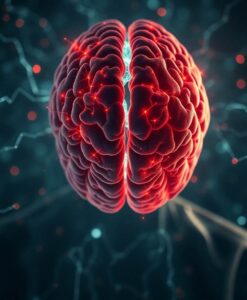Translating interventions that work in animals into safe, effective treatments for people will be difficult, but these findings matter because they shift how researchers think about brain aging. Rather than seeing memory decline as an irreversible slide, this work treats it as a set of molecular states that might be nudged back toward health. That perspective reshapes what we study, who we include in trials, and how therapies could support cognition across diverse populations.

If we follow this line of research, new questions emerge about timing, equity, and long-term outcomes. Which forms of memory respond best to molecular editing? How can therapies be made safe and accessible? Exploring those answers could expand how society supports aging, learning, and participation for many people. Click through to learn how these discoveries might connect to human potential, growth, and a more inclusive future for brain health.
Virginia Tech researchers have shown that memory loss in aging may be reversible. Using CRISPR tools, they corrected molecular disruptions in the hippocampus and amygdala, restoring memory in older rats. Another experiment revived a silenced memory gene, IGF2, through targeted DNA methylation editing. These findings highlight that aging brains can regain function through precise molecular intervention.



